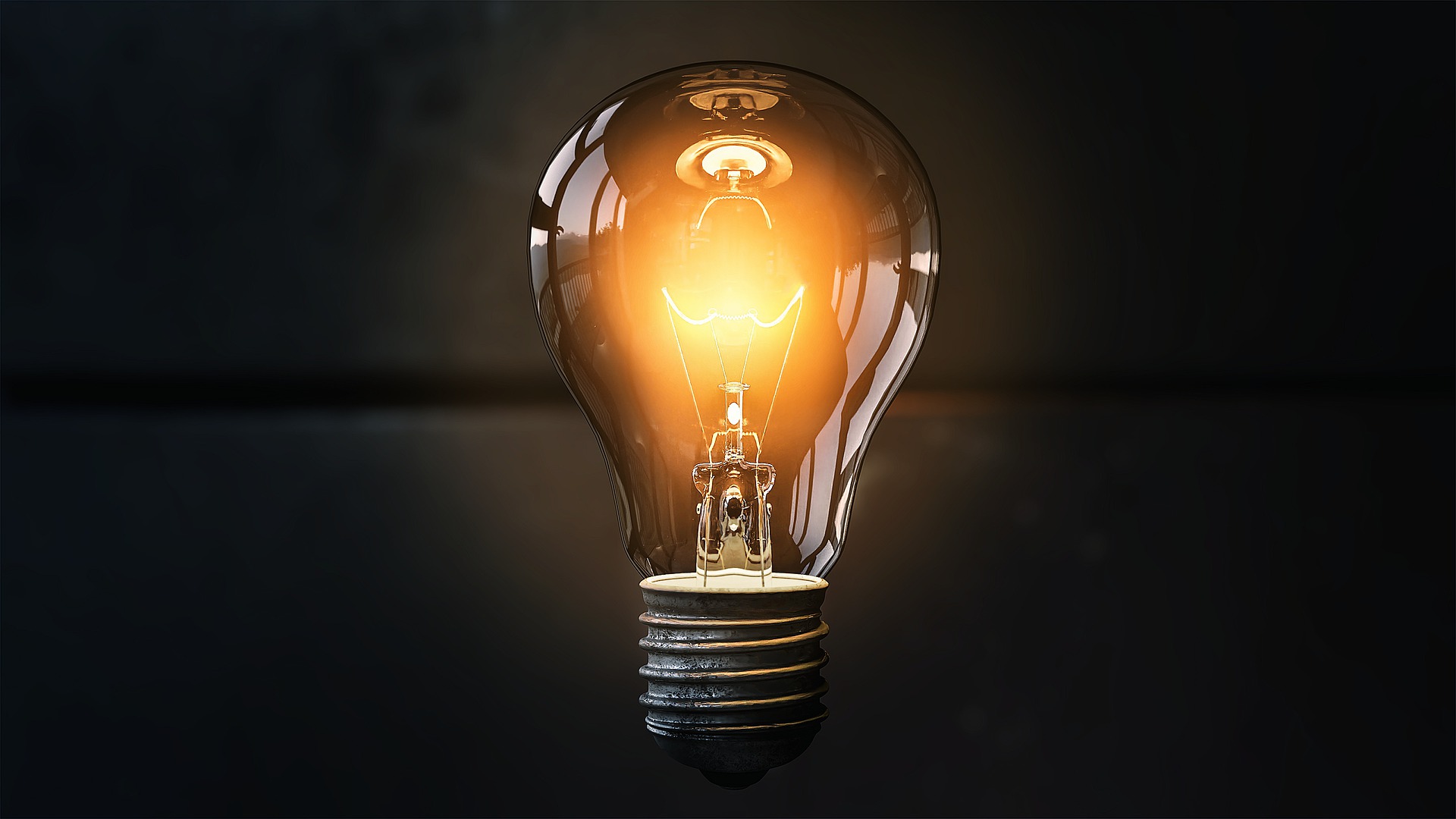Eni, Enel, A2a, Iren, Acea and more. Here are the real effects of the decree on extra profits

The government wants to tax the extra-profits of energy companies and raise 4 billion to contain the economic impact of the Ukrainian crisis. But the companies on the stock exchange have not had too negative repercussions. That's why according to analysts
In the 4.4 billion euro Energy decree, approved by the government to contain the economic impact of the war in Ukraine, a 10 percent tax is envisaged on the so-called "extra profits" reported by energy companies in the last six months. That is, companies that produce, resell and / or export electricity, natural gas, methane gas and petroleum products.
THE WORDS OF DRAGHI AND FRANCO
By extra-profits we mean – as explained by the Prime Minister, Mario Draghi – the “extraordinary profits that producers are making thanks to the increase in the costs of raw materials” such as natural gas and crude oil.
Economy Minister Daniele Franco said that "we will retain a portion of the margin between active transactions for VAT purposes and passive transactions for VAT purposes" with reference to the last half of last year. “We will intervene where the margins are significant”.
HOW THE WITHDRAWAL WORKS
The tax base of the withdrawal is calculated starting from the balance between active and passive transactions (net of VAT) in the period 1 October 2021 – 31 March 2022, and the balance in the period 1 October 2020 – 31 March 2021.
If the increase in profit exceeds 5 million euros, a 10 percent contribution will be applied.
THE ANALYSIS OF LITURERS
On Startmag , the accountant and analyst Giuseppe Liturri wrote that, with the decree in question, the government penalizes companies rather than acting on the market causes behind the sharp increase in energy prices.
"Observing how it was designed" the law, Liturri notes, "one almost thinks that it was conceived specifically to be rejected, obtaining only the important result of gaining time waiting for the next European Council of 24 and 25 March, from to whom important indications are expected on the short and medium / long term measures to contain the impact of this energy crisis ".
THE EQUITA SIM ANALYSIS
On MF-Milano Finanza , the investment bank Equita SIM explained that, in the utilities sector (gas and electricity distribution companies), the impact of the decree will mainly concern energy generation from renewable sources, hydroelectricity and waste -to-energy, because “most of the generation was sold forward at prices below market prices”.
According to Equita, however, the impacts on businesses will be limited overall and the government may not be able to collect the 4 billion it aims.
THE IMPACTS ON ENI, ENEL, A2A AND MORE
According to Equita's estimates, in fact, the tax base for A2A will be 70-75 million and 30 million for Acea, with impacts of less than 10 million. Impacts also limited for Enel, Iren and Hera. Erg, on the other hand, could have an impact on solar energy production for 4-5 million. Finally, for Eni, "in the most negative case", taxation would amount to "a few hundred million euros".
THE REACTION OF THE BAG
At least so far, the markets have not seemed worried about the government decree and the stocks of energy companies have generally risen.
According to Javier Suarez, an analyst at Mediobanca Securities quoted by Il Sole 24 Ore , the reaction of the Milan stock exchange is consistent with the expectations of investors on the limited impact of the measure. “To date, according to our calculations, for the companies in the sector we cover the impact is very small,” he said; “We also see energy companies more exposed, rather than utilities”.
“Furthermore”, he adds, “I would not underestimate the strong and further boost to renewables coming from the government in the light of the European energy context and which plays in favor of some of these titles”.
THE STEVANATE ANALYSIS
Dario Stevanato, professor of tax law at the University of Trieste, wrote on his blog that the tax on the extra-profits of energy companies poses a question of sectoriality: "these levies concern only companies operating in the energy sector […] leaving unharmed all the others, which also have or may have made extra profits in very recent times (I am thinking for example of the results produced by large-scale distribution companies and supermarkets during the lock-down, which have benefited from the forced changes in consumption habits due to pandemic)".
Stevanato points out that it is necessary to prove the “undeserved nature of these earnings, which must be attributable to exceptional situations of an exogenous nature that do not reflect the merit or entrepreneurial risk […]. Otherwise, we would end up punishing the entrepreneurial merit and the economic activities that have had the “wrong” of outperforming their reference market ”.
It is then necessary, adds the tributary, that the "temporal term of comparison is actually a 'normal' period, since otherwise the calculation would be distorted and the extra profit would turn out to be an optical illusion". However, the period considered would not be normal, according to Stevanato, because it is “influenced by the restrictions and limitations associated with the pandemic”.
Finally, the government's intervention “is substantially an exception, again tacit and not expressed, with the principle of non-retroactivity enshrined in art. 3 of the Statute of Taxpayers' Rights ".
This is a machine translation from Italian language of a post published on Start Magazine at the URL https://www.startmag.it/energia/effetti-decreto-extraprofitti-eni-enel-a2a/ on Wed, 23 Mar 2022 11:21:11 +0000.
